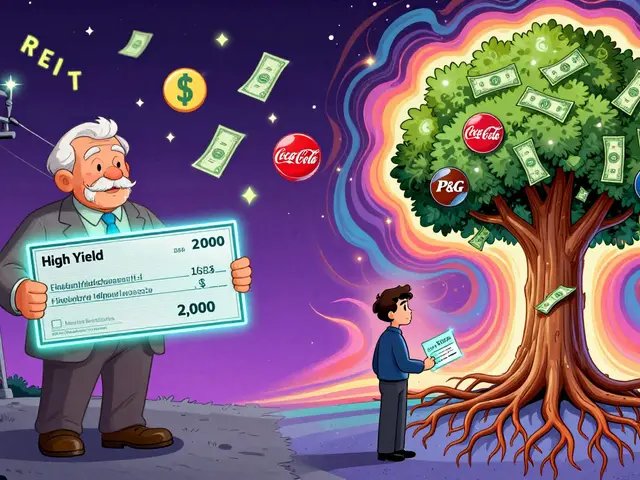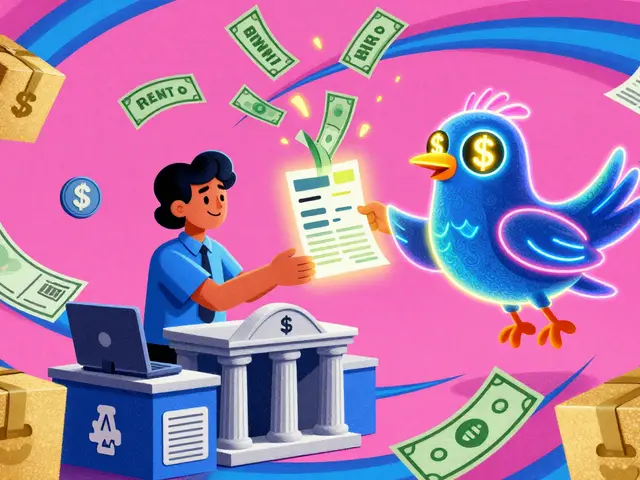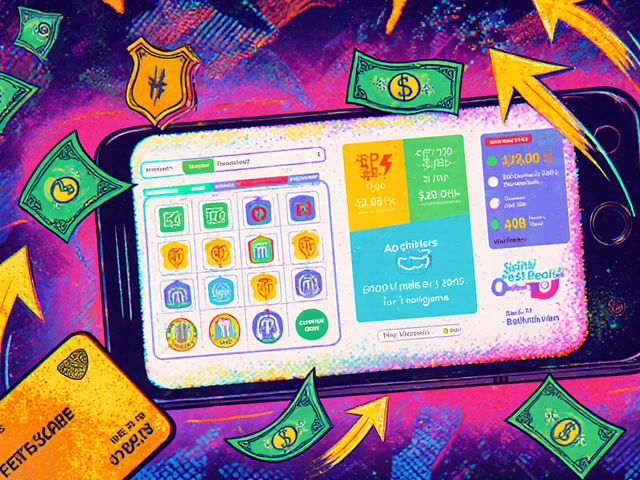Neobank Partnerships: How Digital Banks Team Up to Serve You Better
When you use a neobank, a digital-only bank that operates without physical branches and often partners with traditional financial institutions to offer banking services. Also known as digital bank, it lets you open an account, send money, and track spending—all from your phone. But behind the scenes, most neobanks don’t actually hold your money or issue cards themselves. They rely on neobank partnerships, strategic alliances between digital platforms and licensed banks or payment processors to deliver real banking functions. These partnerships are what make services like instant payroll deposits, fee-free ATM access, or even credit-building tools possible without a full banking license.
Think of it like this: a neobank is the app, but the real banking power comes from its partners. For example, Chime works with The Bancorp Bank and Stride Bank to hold deposits and issue debit cards. SoFi partners with Celtic Bank for lending and FDIC insurance. Even apps like Revolut and N26 use licensed banks in the U.S. or Europe to handle compliance and funds. These aren’t just technical fixes—they’re business models built on banking APIs, software tools that let digital platforms connect securely to bank systems to move money, verify identities, or check balances. Without these APIs, neobanks couldn’t offer real-time transfers, direct deposits, or even overdraft protection. And now, these partnerships are expanding into embedded finance, the practice of adding financial services—like loans or insurance—directly into non-bank apps, like ride-sharing or e-commerce platforms. That’s why you can now get a loan while ordering food or buy travel insurance inside a flight booking app.
Why does this matter to you? Because neobank partnerships mean faster, cheaper, and more tailored services. You’re not stuck with one bank’s limited offerings. A neobank can team up with a credit bureau to report your rent payments, or partner with a robo-advisor to let you invest spare change automatically. These collaborations are pushing the industry toward real customization. And with more fintechs entering the space, the options keep growing. In 2025, expect to see neobanks teaming up with payroll providers, tax platforms, and even gig economy apps to make money management feel seamless—not like a chore.
What you’ll find below are real examples of how these partnerships work, which ones actually help you build credit or save money, and which ones are just marketing fluff. No jargon. No hype. Just what’s working—and what’s not—in today’s digital banking world.





